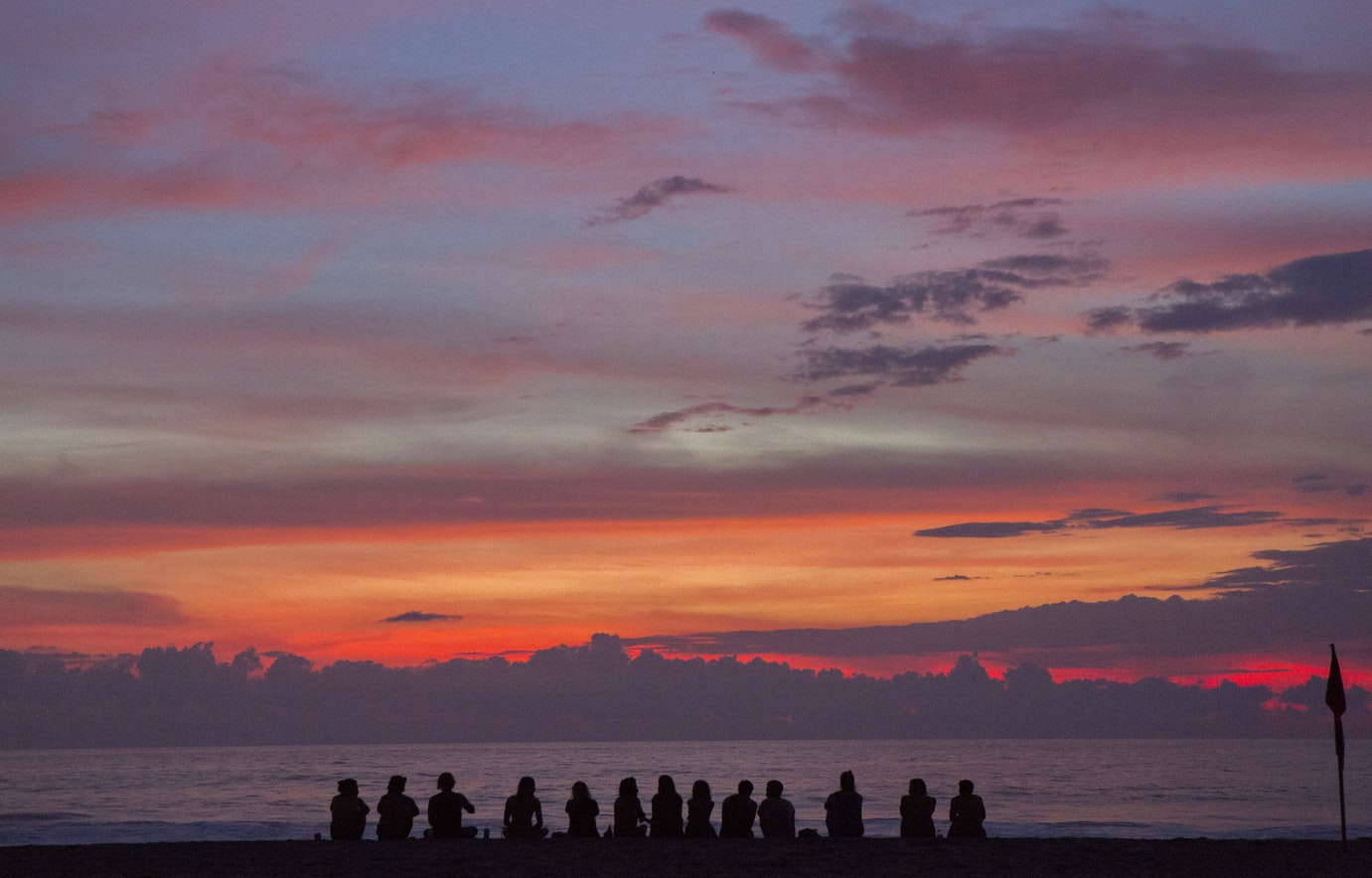The Costly Side of Grace

I have stood in the presence of holy people and experienced an almost indescribable sense of awe. These are not the "goody-two-shoes" that try to impress us with a string of spiritualities useful for attributing everything in their life-experience to God. No, I am talking about real, honest-to-goodness holy folks.
They are the almost invisible ones—quiet, unobtrusive, yet frighteningly deep with an other-worldliness that never fails to impact everyone around them.
What's really interesting about these individuals is their grasp of grace. They intuitively know what Dietrich Bonhoeffer discovered. By the phrase cheap grace, Bonhoeffer meant that grace which has brought chaos and destruction. This is mere intellectual assent to a doctrine without an accompanying transformation in the sinner's life. It is justification of the sinner without the works that should accompany the new birth. Bonhoeffer says of cheap grace: "[It] is the preaching of forgiveness without requiring repentance, baptism without church discipline, Communion without confession, absolution without personal confession. Cheap grace is grace without discipleship, grace without the cross, grace without Jesus Christ, living and incarnate." (From The Cost of Discipleship)
To Bonhoeffer, this grace will cost us our life. It is a pricey grace made dear by the life of Christ that was sacrificed to purchase our redemption. Cheap grace arose out of our desire to be saved, without becoming disciples. Lengthy lists of behavioral codes may also become a substitute for the Living Christ and cheapen the meaning of discipleship.
We must resist cheap grace and enter the life of active discipleship.
This grace means we can no longer sit still and merely wait.
We must rise and follow Christ.
David J. Felter, editor in chief
Holiness Today, July/August 2006
Please note: This article was originally published in 2006. All facts, figures, and titles were accurate to the best of our knowledge at that time but may have since changed.




